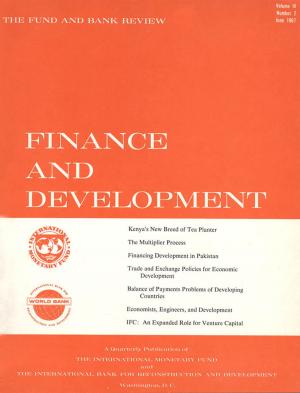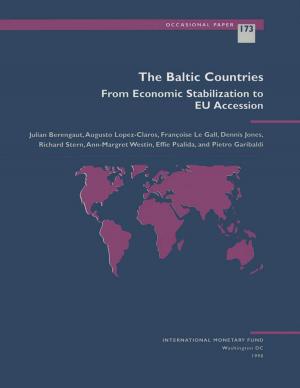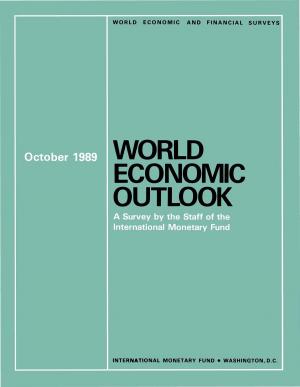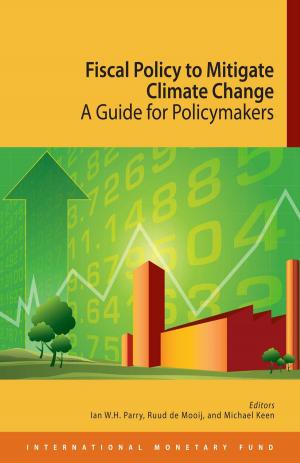Restoring Sustainability in a Changing Global Environment: Options for Swaziland
Business & Finance, Economics, International Economics, Nonfiction, Social & Cultural Studies, Political Science, Politics, Economic Policy| Author: | Olivier Basdevant, Borislava Miss Mircheva | ISBN: | 9781475561326 |
| Publisher: | INTERNATIONAL MONETARY FUND | Publication: | February 1, 2013 |
| Imprint: | INTERNATIONAL MONETARY FUND | Language: | English |
| Author: | Olivier Basdevant, Borislava Miss Mircheva |
| ISBN: | 9781475561326 |
| Publisher: | INTERNATIONAL MONETARY FUND |
| Publication: | February 1, 2013 |
| Imprint: | INTERNATIONAL MONETARY FUND |
| Language: | English |
The Kingdom of Swaziland (hereinafter Swaziland) is a small, open economy bordering Mozambique and South Africa with a population of 1.1 million people. It is a landlocked country with an economy heavily dependent on concentrates, sugar exports, and tourism, and with more than 80 percent of its imports originating from South Africa. Swaziland is a member of the Southern African Customs Union (SACU) and has increasingly relied on SACU transfers in the last few years as a source of fiscal revenue and foreign exchange receipts. Its currency, the lilangeni, is pegged at parity with the South African rand under the Common Monetary Area. The rand is also legal tender in Swaziland. After two difficult fiscal years, Swaziland has regained fiscal space with a sharp increase in transfers from the Southern African Customs Union (SACU). The deficits accumulated during these two fiscal years (13.4 and 6.0 percent of GDP in 2011/12 and 2012/13, respectively) led to: (i) a significant drawdown of gross official reserves at the central bank, (ii) significant domestic borrowing, and (iii) an accumulation of domestic payment arrears, estimated at E 1.6 billion (5.4 percent of GDP) at end-March 2012. Arrears affected largely pension funds and government suppliers (each account for about 40 percent of the total stock of arrears). As a result, real GDP growth is projected to contract by 1.5 percent in 2012, mostly because of the accumulated arrears, a stagnant credit to the private sector, and weak confidence in Swaziland fiscal and external sustainability. With SACU transfers increasing from about 10 percent of GDP in 2011/12 to 22.5 percent in 2012/13, some fiscal space was regained. The windfall revenue has been used to repay an advance taken by the central bank and to reduce arrears by E 250 million as of end-September 2012. An additional E 720 million in arrears to the public pension fund have been restructured into a three-year loan. Higher SACU transfers have also improved external balances by reducing the current account deficit and increasing central bank reserves. Reserves are broadly adequate at E 6.0 billion (3.1 months of imports) at end-November 2012, a significant improvement from the E 3.7 billion recorded at end-March 2012.
The Kingdom of Swaziland (hereinafter Swaziland) is a small, open economy bordering Mozambique and South Africa with a population of 1.1 million people. It is a landlocked country with an economy heavily dependent on concentrates, sugar exports, and tourism, and with more than 80 percent of its imports originating from South Africa. Swaziland is a member of the Southern African Customs Union (SACU) and has increasingly relied on SACU transfers in the last few years as a source of fiscal revenue and foreign exchange receipts. Its currency, the lilangeni, is pegged at parity with the South African rand under the Common Monetary Area. The rand is also legal tender in Swaziland. After two difficult fiscal years, Swaziland has regained fiscal space with a sharp increase in transfers from the Southern African Customs Union (SACU). The deficits accumulated during these two fiscal years (13.4 and 6.0 percent of GDP in 2011/12 and 2012/13, respectively) led to: (i) a significant drawdown of gross official reserves at the central bank, (ii) significant domestic borrowing, and (iii) an accumulation of domestic payment arrears, estimated at E 1.6 billion (5.4 percent of GDP) at end-March 2012. Arrears affected largely pension funds and government suppliers (each account for about 40 percent of the total stock of arrears). As a result, real GDP growth is projected to contract by 1.5 percent in 2012, mostly because of the accumulated arrears, a stagnant credit to the private sector, and weak confidence in Swaziland fiscal and external sustainability. With SACU transfers increasing from about 10 percent of GDP in 2011/12 to 22.5 percent in 2012/13, some fiscal space was regained. The windfall revenue has been used to repay an advance taken by the central bank and to reduce arrears by E 250 million as of end-September 2012. An additional E 720 million in arrears to the public pension fund have been restructured into a three-year loan. Higher SACU transfers have also improved external balances by reducing the current account deficit and increasing central bank reserves. Reserves are broadly adequate at E 6.0 billion (3.1 months of imports) at end-November 2012, a significant improvement from the E 3.7 billion recorded at end-March 2012.















